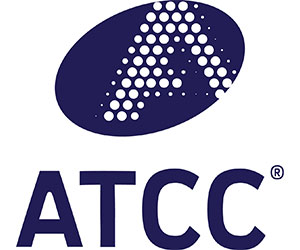One of the biggest obstacles facing researchers is the lack of standardization, which can be reduced through the implementation of microbiome standards.
Why do we need standards in microbiome research?
Microbiome standards are critical in scientific investigations for several reasons:
Reducing Bias: Every step of microbiome analysis, from sample acquisition to data interpretation, carries the potential for bias that can skew the final results. Standards provide methodological frameworks to reduce such biases, thus increasing the accuracy and validity of the results.
Reproducibility: The cornerstone of scientific research lies in the reproducibility of experimental findings. Standardization in microbiome research facilitates consistent replication of procedures, allowing other scientists to validate and build upon these findings.
Data comparison: Standards allow a common basis for comparing data across multiple studies and laboratories. Without standardized methods for measuring or analyzing the microbiome, cross-comparison of results from different studies becomes extremely challenging. By offering a common measure, standards pave the way for data harmonization.
Quality Control: In addition to improving reproducibility and comparability, standards act as a powerful mechanism for quality control. They can help identify errors or inconsistencies in the methods used to test microbiomes, thereby ensuring the reliability of the data.
Efficiency: the implementation of the standards allows researchers to spend more time deciphering their data and generating important insights, instead of dealing with the measurement or analysis methodologies.
Benchmarking: Microbiome standards allow researchers to compare their methods and results against an accepted norm. This not only ensures the accuracy of the results but also ensures their relevance to the wider scientific community.
The way forward
The wide variety and complexity of the microbiomes require a high degree of precision and control in their research. Standardization in microbiome research, including the use of tools such as Next Generation Sequencing (NGS) Standards, allows scientists to approach this complexity with confidence.
NGS standards offer a way to manage the complexity involved in processes such as 16S rRNA community profiling and shotgun metagenomics, which are commonly used in microbiome research. By applying these standards, researchers can effectively deal with potential biases introduced at different stages of the microbiome workflow, improving data interpretation and reproducibility.
Incorporating standards in microbiome research is essential to improve the consistency, reliability and comparability of the data. As the field continues to expand, the use of standards will become increasingly crucial, helping to realize the full potential of microbiome research and its transformative impact on health and disease.

We offer a wide range of products in the microbiome field, from sample collection to data analysis:

*Contact us for guidance, questions and more information
